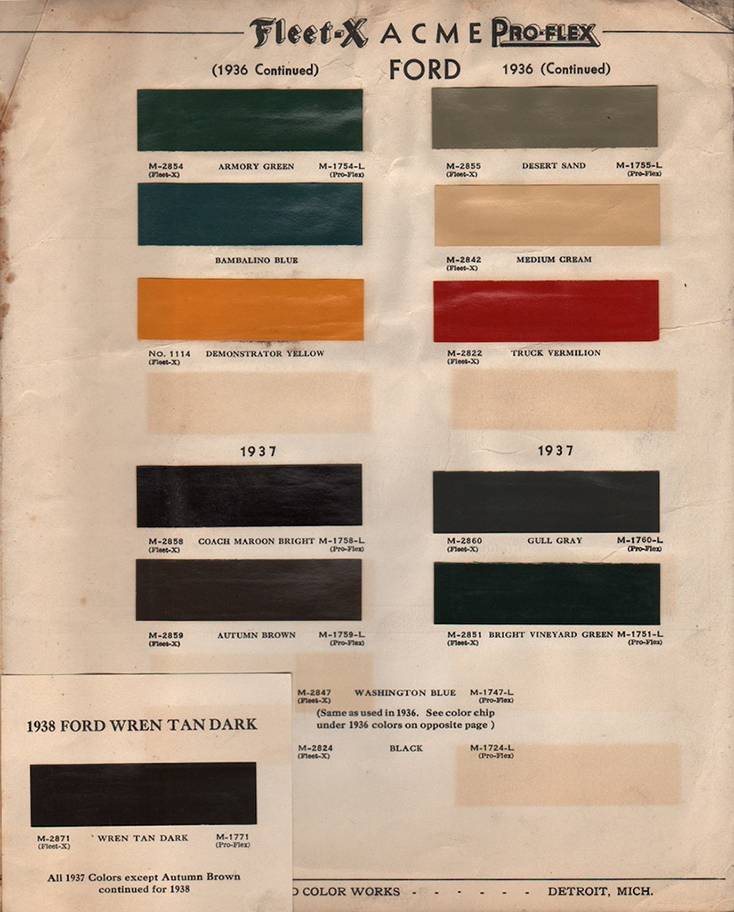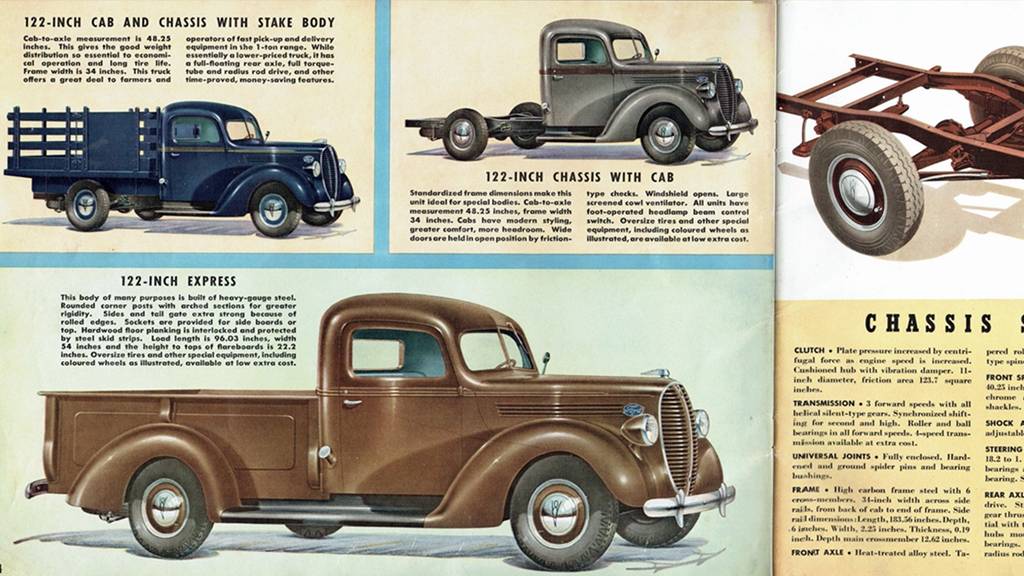I should probably have a separate blog category for “culture-making,” but in the meantime, I’ll tuck this post here.
I really did enter a short story contest with Southern Writers Magazine, and I really did place in the top ten. So, if I’m an award-winning writer, and this is an award-winning story, is this now an award-winning blog? (Eh, probably not.)
Without further adieu, here’s the story
Vermilion, to be Exact.
by Daniel A. Webster
“And that, ladies and gentlemen, is why you don’t send a United States Marine to do the job of a Virginia farm boy!”
As was always the case, the punch line of this often-repeated story was followed by several moments of untamed, boyish laughter; however, this time, an awkward lull followed. After a spell of silence, to circumvent the kind of uncomfortableness that we all try to avoid when there is something on our mind that needs to be said or discussed, Raymond proceeded to account yet another over-told tale from the glory days.
They had taken many trips into town while living in the small community of Suffolk, VA, best known for its acres upon miles of peanut farms. This excursion, like many others before it, was for no good reason.
For Raymond, the stories never grew old. He told them with the same exuberant energy as he lived life back in the 1940’s. For Bud, these tales had lost a little punch each time they were told. By now, after numerous tellings, each time varying slightly more than the time before, they were punchless to say the least. In any case, the stories were endurable for nostalgic reasons. After all, these two had been friends for more than seven decades.
Over the years and especially recently, while cruising in the old pickup, Raymond said things like, “Now, Bud, we’re sure to find some dames leaning on the jukebox down at the soda shop? ‘Yeah, I’d like two RC colas… and throw in a couple dolls for my friend and me!!’” Of course, a howl of hilarity would follow Raymond’s oft-stated fancy. “I know, I know, we’re too old for that kind of thing. But, I tell you, this good lookin’ truck may very well keep me in the runnin’!”
As the 1938 two-toned, black and orangey-red—“Vermilion, to be exact” as Raymond would often say—Ford Pickup made its way down the road, these old-timers continued accounting stories from bygone days as they had always done while driving. “You recall when these fields were nuttin but peanut farms? You get that? Nuttin?”
“Right there! That’s the spot! That’s where you swerved to avoid a head-on with Mayor Woodard back in ’55!” The conversation was carried mainly by Raymond’s liveliness and laughter. He could sense that Bud was shaking in agreement, and at times shuttering in disbelief.
Raymond had bought that old truck brand new for $590. That year, in 1938, the Ford Motor Company had released a paneled version that would be used by delivery drivers, but Raymond wanted a pickup with a bed: “Whether we’re hauling friends to the dance or materials for a project, a truck is for just that—haulin’.”
Back in the day, that truck was the talk of the neighborhood. Ford had revamped the overall look adding oversized tires, an oval grille, and a larger rear bumper. The local mechanic, who happened to be Raymond’s uncle, wasn’t aginit, but he wasn’t fer it either.
“Well, I reckon that means, you’re aginit,” Raymond once teased with that contagious laugh, while leaning on the counter in the automotive shop which smelled of oil soaked rags and recently boiled peanuts. It wasn’t the updated exterior features of this truck that were the cause of his uncle’s wariness; it was the newly-added hot water heater and oil filter. His uncle was careful to point out that it’s just more to break. Raymond bought it anyway and after more than three-quarters of a century, and a whole lot of wrenching through the years, it had proven to be a good purchase.
Bud was a different kind of friend. Ever since they had met in the early days, Raymond was the one who called the shots, while Bud was along for the ride. So, when they talked, that’s also how the conversation went.
They hadn’t always caroused in this fashion. There was Alice. She was the girl at the local market who “never looked my way until I bought that truck.”
Raymond used to tease Alice by calling her his little gold-digger. “You chased me for my money, then found out that this truck made me poorer than a cotton farmer with boll weevils!”
Raymond knew the truth. He was one of the few young men in the community who hadn’t been drafted, so he had his pick of the pretty girls. That may be why he waited so long to marry. He didn’t want to rub it in the faces of his buddies who were off fighting The War. Instead of “gettin’ hitched” right away, he chose rather to put his energy into the farm. He also did his part to help the war effort by gathering scrap metal in the back of that Ford pickup. Alice admired this about him.
Married in their mid-twenties, Raymond and Alice had three children and a successful peanut farm. They were a cute farming couple, with a great deal of class about them. Whenever you saw them together, they had smiles on their faces—big ones. They had a wonderful life together and much to smile about. “I finally settled down and let her put that ball and chain on my leg. It was quite a scene! I was kicking and screaming all the way down the church aisle!”
Alice viewed Ray’s intense sense of humor as his way of expressing his thoughts and emotions. She understood him. Raymond cherished her, and he was ever-faithful. When Alice passed away unexpectedly in the late 1990’s, Raymond was able to keep the farm with the help of their children. He’d been “baching it” for nearly twenty years.
This is probably why Raymond and Bud had rekindled their friendship after all this time. Bud was a straightforward individual. Through the years, as one of the hired hands on the farm, Bud had always been there. Raymond, although often busy with running the farm and spending time with the family, had been there for Bud. They were lifelong friends.
As they slowly made their way down the road into town, the cab of that Ford truck became awkwardly silent again. There was a longer than usual period of time since the last story. Bud didn’t mind. Raymond, for once, didn’t seem to mind either. Two friends—out of words, sitting in silence at a stop light in downtown Suffolk.
Raymond broke the silence with disturbing words: “I’m pretty sure I won’t be around for much longer, Bud.”
As usual, Bud said nothing. Raymond continued, “I’m tired.”
Bud looked ahead without saying a word. Raymond kept his eyes on the road, and then slowly began to move forward a few seconds after the light changed. He wondered if Bud was tearing up. He’d never seen him cry, not in 78 years. Raymond wasn’t good at this kind of thing.
“I know you probably think I’m losing my mind, but hear me out. I’m not losing it. I’m old, but I ain’t crazy.”
The silence reconvened. From nowhere, as he had done so many times inside of that old truck, Raymond chuckled. It was a form of that irresistible laugh, but significantly less excited. This time, it didn’t feel right. Laughing is what Raymond did. It’s how he filled the air with noise when he didn’t have words to offer. He hated silence, but this time silence seemed best. Silence was all he could utter.
“You’ve always been there for me and I can’t imagine life without you. That’s all.”
*****
Missing man suffering from Alzheimer’s found dead in pickup truck at family farm
Wednesday, July 27, 2016, 2:10 pm
SUFFOLK— A missing 94-year-old man suffering from Alzheimer’s has been found dead inside a pickup truck that was parked on the backside of his twenty acre farm in Suffolk, VA.
Raymond Webster, who has been missing since Sunday, was found by family members on Wednesday morning around 8:20 AM according to Suffolk County Police Department.
Webster’s daughter, Rosanna Brookes, told reporters on Monday that the entire farm had been canvassed. This morning, in a meeting with reporters, the family’s lawyer confirmed that the inside of the vehicle had been checked on Sunday afternoon and early Monday, but had not been searched since then.
Initial reports from the medical examiner suggest that Webster died of natural causes and had been dead for no more than a day when his body was found. An autopsy will be conducted. Law officials do not suspect foul play.
“We know he died in peace.” Brookes said, “My father loved that old truck; bought it brand new when he was 17, and he named it Bud. We feel better knowing they died together. We’ll keep that old truck and probably paint it soon, the same color. It’s kind of a burnt red color, or as Daddy was quick to remind everyone, ‘Vermilion, to be exact.’”
For more vintage images of the 1938 Ford Pickup, visit Old Car Brochures.
Also, check out this image of the original Ford paint colors.
For more articles from me about culture-making and culture, visit the culture category of my blog.







